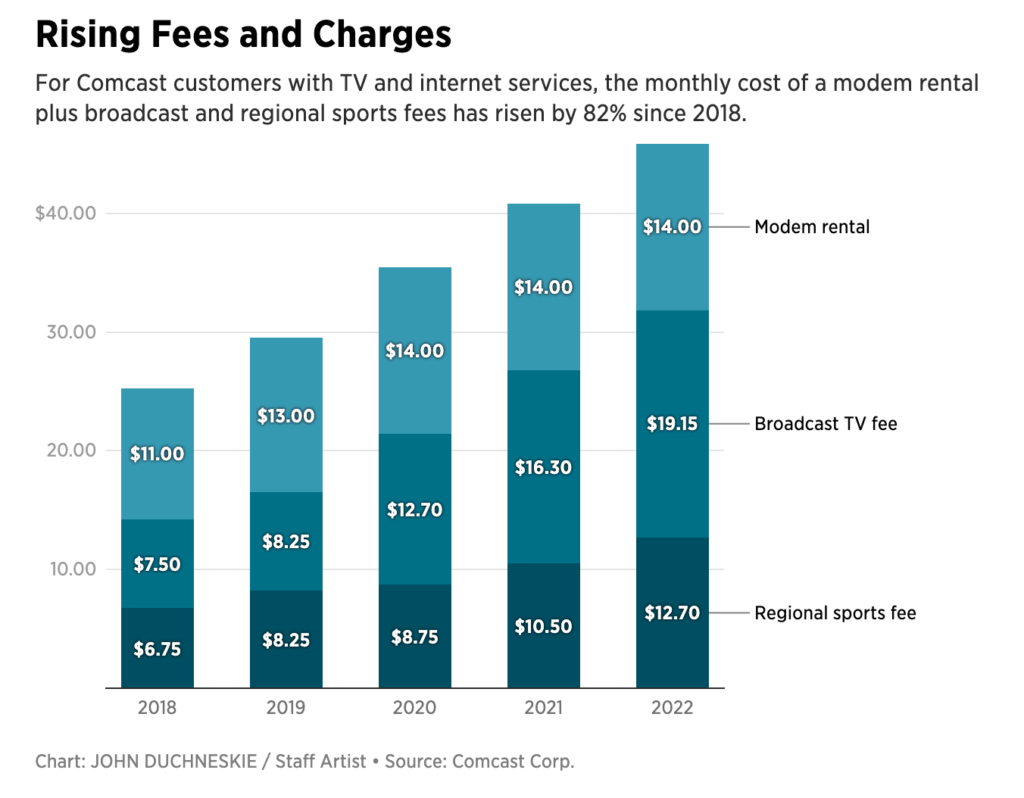Securing Multi-Dwelling Unit Internet Data Flow Through Robust Cryptographic Protocols for Safeguard End-User Privacy and Information Integrity
Securing Multi-Dwelling Unit Internet Data Flow Through Robust Cryptographic Protocols for Safeguard End-User Privacy and Information Integrity
Blog Article
Within the current online landscape, securing internet data is more crucial than ever, particularly in Multi-Dwelling Units (MDUs) such as apartment buildings and condo environments. Such environments frequently have many residents sharing the identical internet service, which can lead to possible security risks. To guarantee that users' confidentiality and data integrity are protected, it is essential to adopt robust coding standards. Data encryption is a method that encodes data, rendering it unreadable to individuals who do not have the appropriate key to decrypt it. This procedure helps maintain personal data safe from cybercriminals and unauthorized users.
One of the most commonly used coding protocols is SSL Sockets Layer (SSL) and its successor, TLS Security (TLS). Such protocols create a secure connection between a resident's device and the internet, ensuring that all information transferred remains private. When tenants in an MDU access websites that employ SSL/TLS, their private data, including login credentials and credit billing numbers, is encrypted. This means that although when someone attempts to capture the data, they would merely see a mess of characters and numbers, making it almost impossible to comprehend. By encouraging the adoption of such protocols, MDUs can significantly enhance the safety of their tenants' online actions.
Another crucial coding technique is Virtual Secure Network (VPN) solutions. A VPN establishes a protected pathway for web data, which safeguards users from prying observers, especially when using shared Wi-Fi networks. In an MDU, in which numerous tenants may link to the same service, employing a VPN can assist ensure that individual internet activities remain private. This is especially crucial for activities such as online transactions or retrieving confidential information. By encouraging the use of VPNs among tenants, MDUs can cultivate a more secure internet environment and help safeguard against data breaches.
In addition to these encryption methods, it is essential for MDUs to educate their tenants about the significance of cybersecurity. Numerous individuals may not be conscious of the threats associated with using common web services. Providing resources on how to recognize scam efforts, the importance of strong credentials, and the advantages of using encrypted sites can empower residents to take charge of their internet safety. Workshops or informational sessions can be effective ways to increase knowledge and encourage best habits for internet security.
Ultimately, MDUs should consider working with internet provider companies (ISPs) that emphasize security and offer advanced coding options. By partnering with ISPs that utilize strong encryption standards, MDUs can ensure that their residents have availability to protected internet services. This collaboration can result to improved overall safety for the entire click for more info building, as well as enhanced trust among residents. By implementing these steps, MDUs can establish a more secure online space, safeguarding resident privacy and data integrity in an increasingly connected environment.